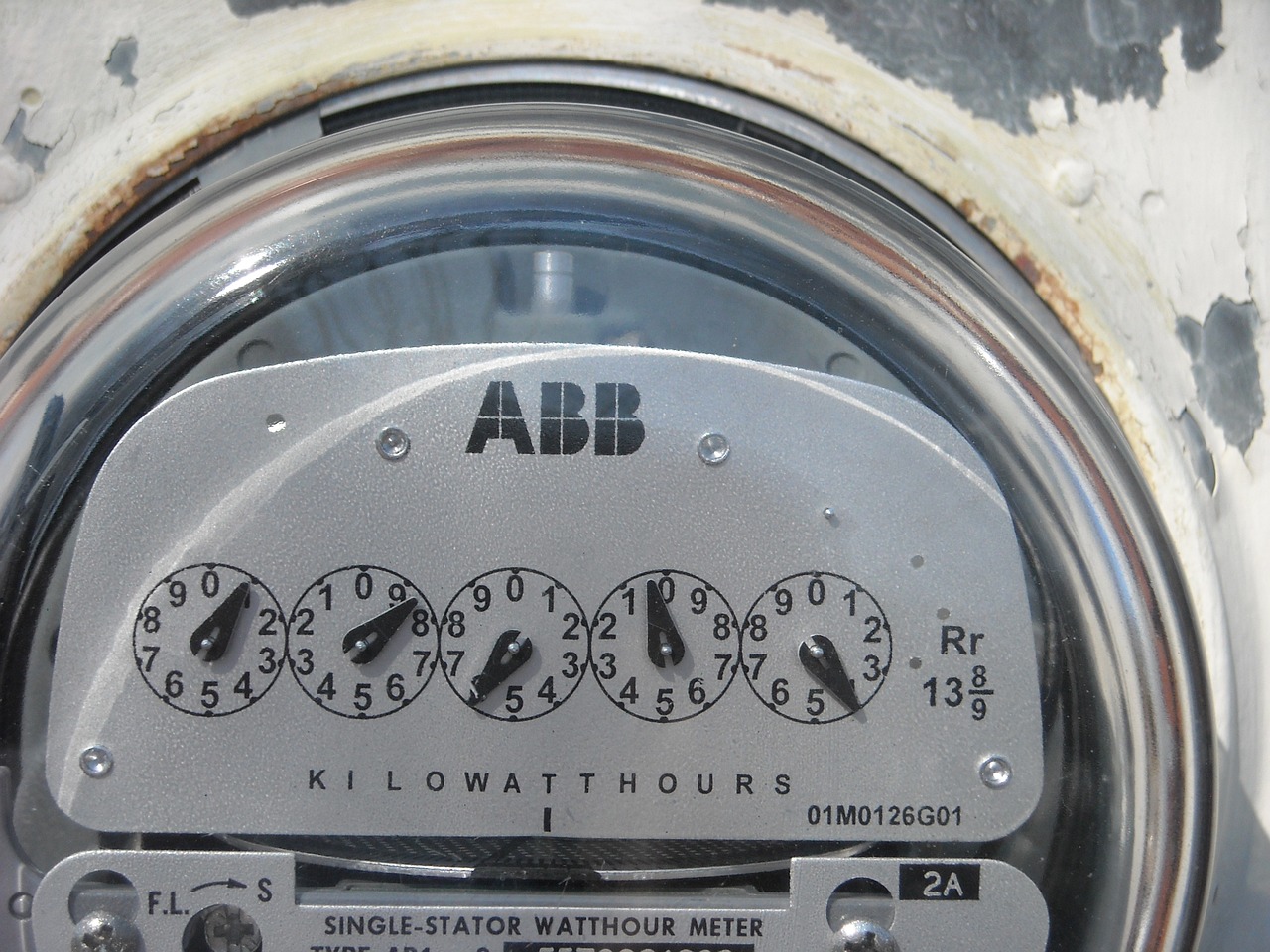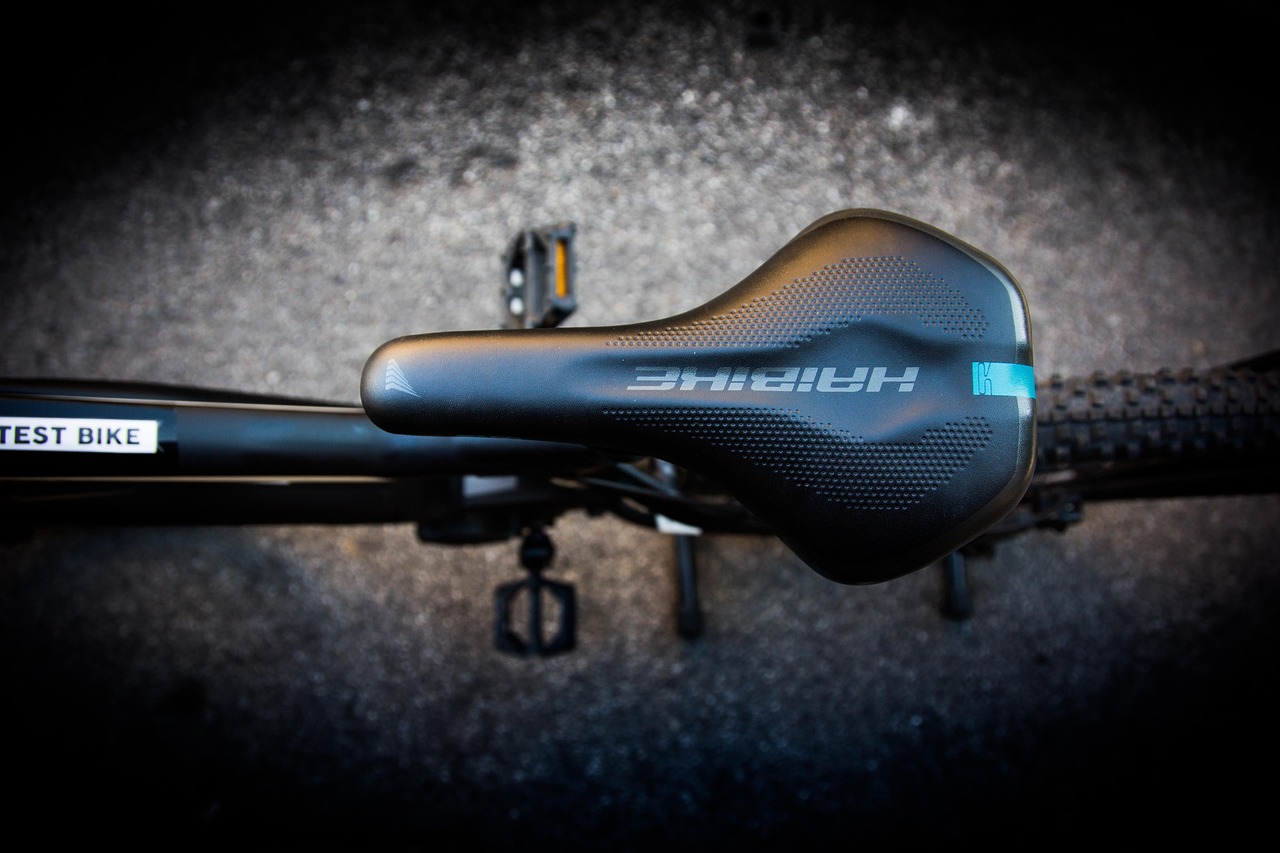PLC: Is It Just a Controller?
PLC,即可编程逻辑控制器,在自动化领域有着广泛的应用。PLC仅仅是一个控制器吗?PLC的功能远不止于此。PLC具有强大的数据处理能力。通过内置的处理器和存储器,PLC可以执行各种复杂的数学运算、逻辑判断和时间控制等功能。这些功能使得PLC在数据处理方面有着出色的表现,可以广泛应用于各种需要数据处理的自动化系统中。PLC还具有强大的通信能力。现代的PLC支持多种通信协议,可以与计算机、传感器、执行器等设备实现高效的数据传输和控制。这种能力使得PLC在各种分布式控制系统和物联网应用中有着广泛的用途。PLC还支持多种编程语言,如梯形图、指令表、功能块等,使得用户可以根据需要选择最适合自己的编程方式。PLC还支持在线编程和调试功能,使得用户可以方便地进行程序修改和调试。PLC不仅仅是一个控制器,而是具有多种强大功能的自动化设备。通过不断的研究和发展,PLC将会在未来发挥更加重要的作用。
In the world of industrial automation, PLC (Programmable Logic Controller) is a crucial component. But is it merely a controller, or does it have more to offer? Let’s explore the role of PLC in industrial automation to answer this question.
In its simplest form, a PLC can be described as a controller. It receives inputs from various sensors and switches, processes these inputs according to a predetermined program, and then provides outputs to actuators and other devices to control their operations. This basic functionality makes PLCs essential in various industrial applications, such as machine control, process control, and robotics.

However, PLCs have evolved significantly over the years, and their capabilities have far exceeded those of a simple controller. Modern PLCs are equipped with powerful microprocessors, large memories, and advanced communication interfaces. These features have made PLCs capable of handling complex tasks that were once the domain of dedicated hardware controllers.
For example, modern PLCs can be programmed to perform advanced tasks like data processing, arithmetic operations, and decision-making. This has made them essential in applications like manufacturing process automation, energy management, and environmental monitoring. By integrating multiple sensors, actuators, and other devices, PLCs can help automate entire processes, improving efficiency and productivity while reducing human error.
Moreover, PLCs have also played a significant role in the development of industrial networks and protocols. By providing standardized communication interfaces, PLCs have facilitated the integration of various devices and systems, forming a unified network for efficient data exchange and control. This has been crucial in the adoption of industrial IoT (Internet of Things) solutions, as PLCs can help connect devices to the internet, enabling remote monitoring, data analytics, and other advanced features.

In conclusion, while PLCs can be considered controllers in their basic form, their capabilities have significantly extended beyond that of a simple controller. Modern PLCs have become complex systems that can handle advanced tasks like data processing, arithmetic operations, and decision-making. They have facilitated the integration of various devices and systems in industrial networks and have played a crucial role in the adoption of industrial IoT solutions. These advancements have made PLCs essential in modern industrial automation applications.
Articles related to the knowledge points of this article:
PLC Programming Controllers: An Introduction and Overview
Design of Huanggang PLC Controller
North Sea PLC Controller Manufacturers